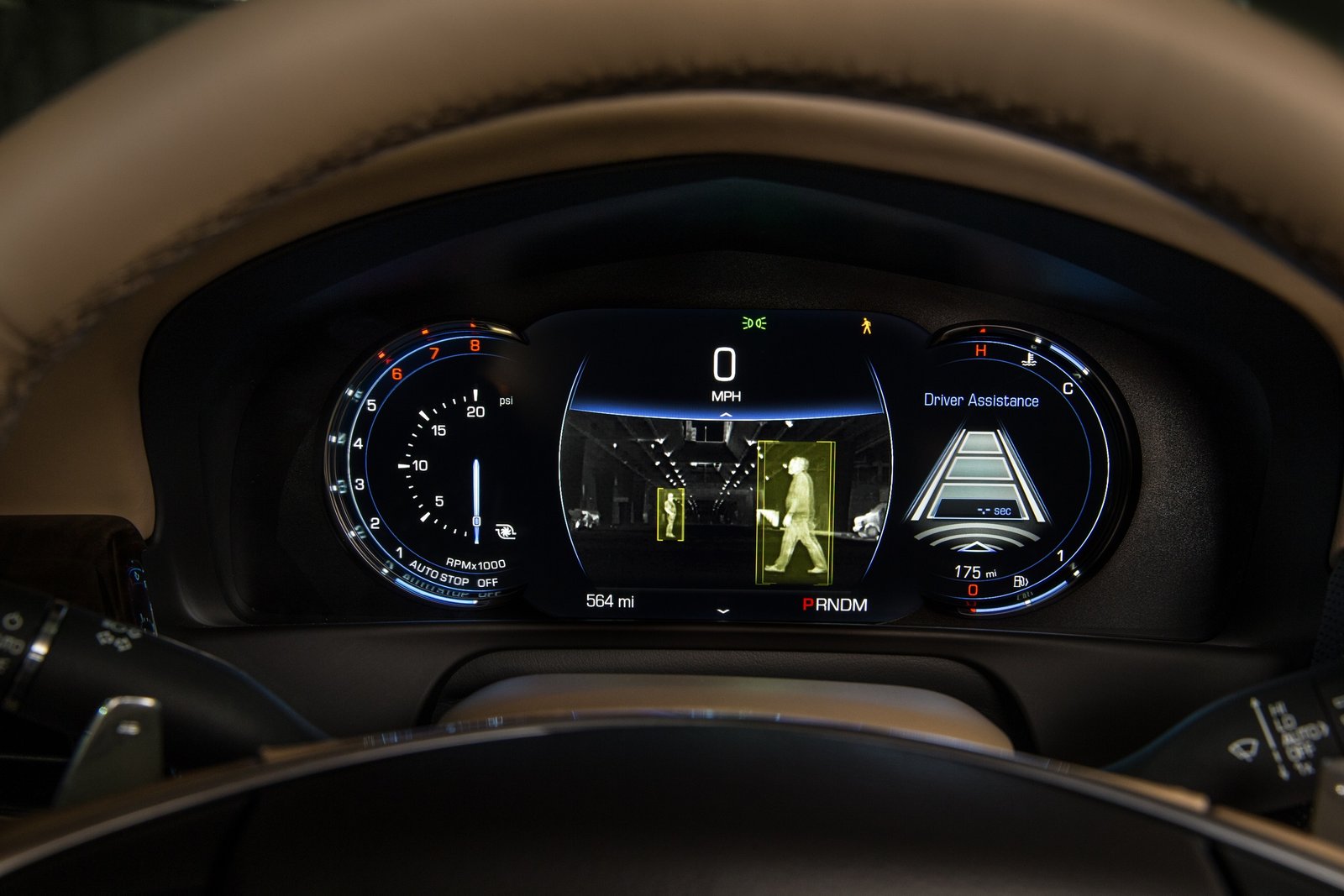General Motors Safety Technology Can Reduce Crashes By Up To 43%
Advanced safety technology built into General Motors (GM) vehicles can reduce crashes by up to 43%, according to a study from the Insurance Institute for Highway Safety (IIHS) in the United States, which investigates reported car accidents across 23 states. General Motors is working towards a future of zero crashes, zero emissions and zero congestions, and the results of this study demonstrate the effectiveness of the steps already taken to achieve this goal.

The study found that GM vehicles equipped with automatic braking and forward collision warning saw 43% fewer police-reported front-to-rear crashes when compared to similar vehicles that are not equipped with front crash prevention technology. In addition, GM vehicles equipped with those two safety features had 64% fewer front-to-rear crashes with injuries.
These results also offer further evidence that front-crash prevention systems are helping drivers avoid crashes. For vehicles equipped with forward collision warning only, the crash rate reductions were 17% for front-to-rear crashes and 30% for front-to-rear crashes with injuries.
Finally, the findings showed that the combination of forward collision warning and autobrake reduced front-to-rear crash rates by 50% for crashes of all severities and 56% for front-to-rear crashes with injuries. Evaluated independently, forward collision warning without autobrake cut the collision rates 27% and 20%, respectively.
This smart technology helps form the foundational blocks for the next stages in autonomous, connected and shared vehicle technology. Already supporting a reduction in accidents today, its continued development and implementation across the GM vehicle lineup will help move the automotive industry towards a future with zero crashes, zero emissions and zero congestion. As leaders in future mobility, General Motors are currently developing Level 4 autonomous vehicles to be tested by consumers in major cities across the United States in 2019.





